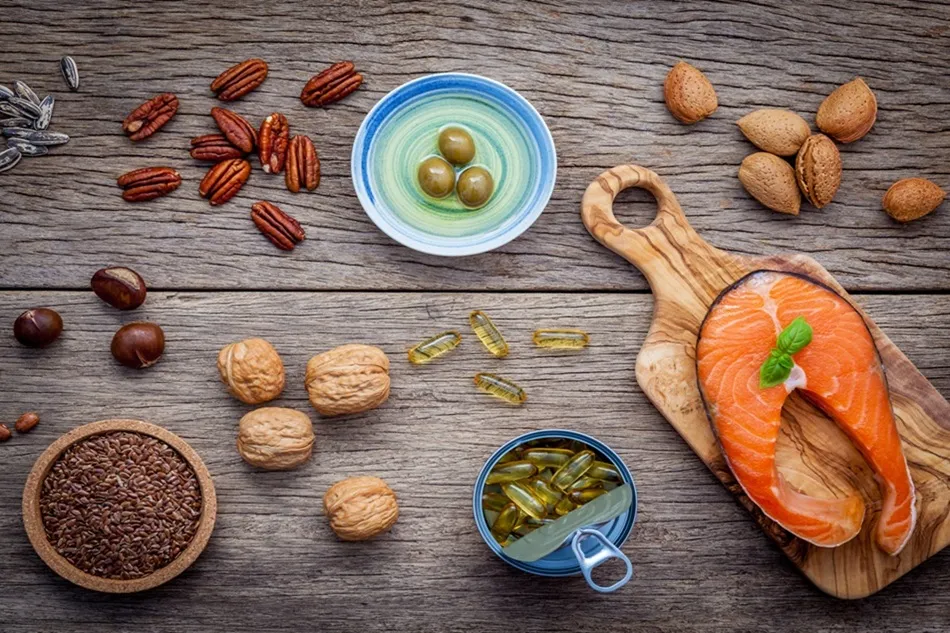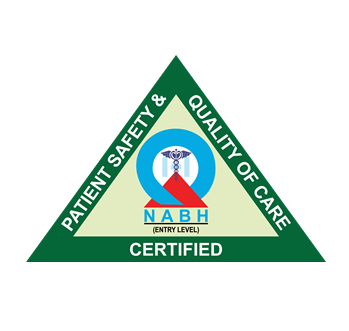
Top 5 Superfoods for a Stronger Heart
Heart-Healthy Superfoods
Your heart is one of the most vital organs in your body, responsible for pumping blood and supplying oxygen and nutrients to every cell. Keeping it healthy is crucial for a long, active life. While exercise and lifestyle choices play a significant role, your diet is one of the most powerful tools to maintain cardiovascular health. Certain foods are particularly beneficial for heart health, helping to lower cholesterol, reduce inflammation, regulate blood pressure, and prevent heart disease.
In this guide, we will explore five superfoods scientifically proven to support a stronger heart, along with tips on how to incorporate them into your daily diet.
1. Fatty Fish
Fatty fish, such as salmon, mackerel, sardines, and tuna, are rich in omega-3 fatty acids, which are essential for heart health. Omega-3s have been shown to:
- Reduce inflammation in the arteries
- Lower triglyceride levels
- Decrease blood pressure
- Prevent blood clot formation
- Improve overall cardiovascular function
How to Include in Your Diet:
- Grill or bake salmon with lemon and herbs for a heart-healthy dinner.
- Add canned tuna or sardines to salads or whole-grain sandwiches.
- Include fatty fish in your meals at least twice a week, as recommended by the American Heart Association.
2. Berries
Berries, including blueberries, strawberries, raspberries, and blackberries, are packed with antioxidants, fiber, and vitamins that benefit heart health. They contain anthocyanins, which have been linked to lower blood pressure and reduced oxidative stress in the body.
Heart Health Benefits:
- Reduce LDL (bad cholesterol) levels
- Improve blood vessel function
- Combat oxidative stress and inflammation
- Enhance circulation
How to Include in Your Diet:
- Add fresh or frozen berries to smoothies, yogurt, or oatmeal.
- Use berries as a natural sweetener for pancakes or whole-grain cereals.
- Enjoy them as a healthy snack instead of processed sweets.
3. Dark Leafy Greens
Vegetables like spinach, kale, Swiss chard, and collard greens are rich in vitamins, minerals, and antioxidants that support cardiovascular health. They contain high amounts of vitamin K, which helps regulate blood clotting, and nitrates, which improve blood vessel function.
Heart Health Benefits:
- Lower blood pressure by enhancing nitric oxide production
- Reduce arterial stiffness and improve circulation
- Decrease inflammation and oxidative stress
How to Include in Your Diet:
- Use spinach or kale in smoothies for a nutrient boost.
- Add leafy greens to salads, soups, or omelets.
- Steam or sauté greens with garlic and olive oil for a heart-friendly side dish.
4. Nuts and Seeds
Almonds, walnuts, flaxseeds, chia seeds, and sunflower seeds are packed with heart-healthy nutrients such as omega-3 fatty acids, fiber, magnesium, and plant sterols.
Heart Health Benefits:
- Reduce LDL cholesterol and increase HDL (good cholesterol)
- Support blood vessel function and elasticity
- Lower the risk of heart disease and stroke
How to Include in Your Diet:
- Snack on a handful of mixed nuts daily.
- Sprinkle chia seeds or flaxseeds on yogurt, oatmeal, or smoothies.
- Use nut butters as a spread on whole-grain toast or as an ingredient in healthy recipes.
5. Whole Grains
Whole grains such as oats, quinoa, brown rice, and whole wheat contain fiber, vitamins, and minerals that promote cardiovascular health. They help regulate blood sugar levels and lower the risk of hypertension.
Heart Health Benefits:
- Reduce LDL cholesterol and prevent plaque buildup in arteries
- Improve digestive health and control weight
- Lower the risk of heart disease and stroke
How to Include in Your Diet:
- Start your day with oatmeal topped with nuts and berries.
- Swap white rice for quinoa or brown rice in meals.
- Choose whole-grain bread and pasta instead of refined grains.
Additional Heart-Healthy Tips
- Stay Hydrated: Drink plenty of water to support circulation and maintain blood viscosity.
- Exercise Regularly: Engage in at least 30 minutes of moderate exercise, such as walking, jogging, or cycling.
- Limit Processed Food: Reduce consumption of sugary drinks, trans fats, and processed foods.
- Manage Stress: Practice relaxation techniques like meditation, deep breathing, and yoga.
- Quit Smoking: Smoking significantly increases the risk of heart disease.
Conclusion
A heart-healthy diet doesn’t have to be complicated. By incorporating these five superfoods—fatty fish, berries, dark leafy greens, nuts and seeds, and whole grains—you can nourish your heart and reduce the risk of cardiovascular diseases. Small changes in your eating habits can lead to significant long-term benefits for your overall well-being.

